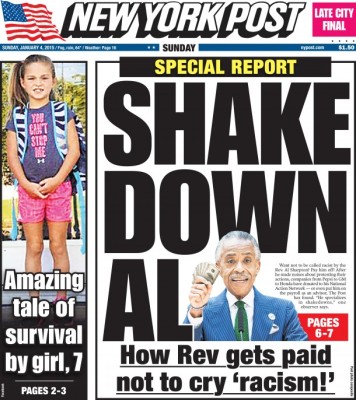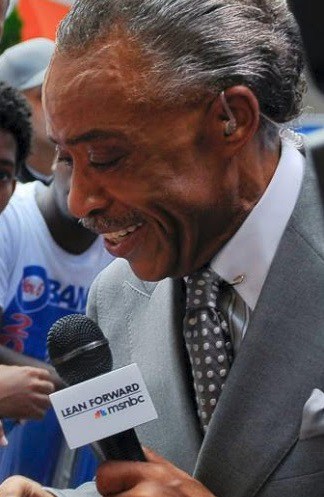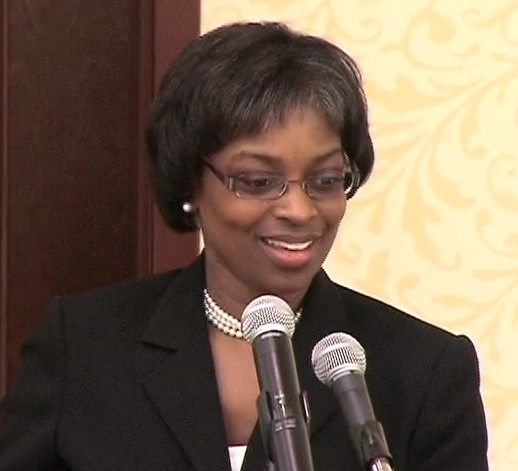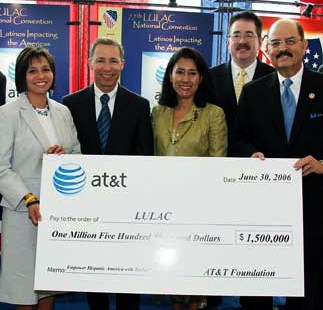
Buy a vocal supporter for your merger deal.
The Los Angeles Times published a piece this week noting that the Comcast/Time Warner Cable merger does have its supporters:
To be sure, dozens of groups also support the proposed Comcast merger, including the Los Angeles Area Chamber of Commerce, Orange County Business Council, the L.A. County Economic Development Council and the National Urban League. Television networks including Ovation, Hallmark Channel and Starz also support the deal.
But the article never informs readers the groups in support of the transaction all have direct financial ties to Comcast, Time Warner Cable, or both cable companies. It would only be news if these groups opposed the merger.
Stop the Cap! has found almost no support for the merger deal among independent organizations that are not on the payroll of either merger partner. The myriad of civil rights organizations, trade associations, and non-profit groups penning letters to regulators supporting the deal are nearly all recipients of contributions from Comcast or Time Warner.
Comcast is notorious for capitalizing on their charitable corporate giving by mailing advocacy packages to donor recipients that urge support for the company’s public policy and corporate agendas. Comcast even includes sample letters a group can use to create their own letter of support, which explains why so many are nearly identical.
Although Comcast never threatens to cut off groups that don’t follow through, the company does know who sent letters and who did not, as they all become part of the public record.
In less than 30 minutes, Stop the Cap! was able to trace direct economic ties between Comcast and/or Time Warner Cable and the groups the LA Times story mentions. Readers deserve to know this information and it should have been included in the story.
 Let us review:
Let us review:
The LA Chamber of Commerce: Time Warner Cable is a “Diamond Club Member,” which the Chamber claims represents the “largest member investors.”
The Orange County Business Council includes a Time Warner Cable executive on its Board of Directors and is a major “investor” in the group.
Not only is Time Warner Cable on the executive committee of the LA Economic Development Council, it also serves on the group’s board of governors. Comcast is also a member.
The National Urban League advocates in favor of almost everything Comcast wants, no doubt because the organization that sold out to big corporate donors long ago is also on Comcast’s payroll. The group has received at least $12 million in in-kind contributions from Comcast, as well as receiving checks for more than 70 local chapter projects. Comcast’s executive vice president David Cohen has sat on the Urban League’s board of trustees since 2008. In addition, the Comcast Foundation, headed by Cohen, gave the National Urban League and some of its more than 100 affiliates almost $2 million from 2012 to 2013, according to an analysis of IRS tax filings by the Center for Public Integrity.
As for Ovation, Hallmark Channel and Starz — they are all cable networks dependent on carriage agreements with the nation’s first (Comcast) and second-largest (Time Warner Cable) cable operators for their economic survival.


 Subscribe
Subscribe Looking for civil rights groups to support your multi-billion dollar telecom merger and keep minority groups off your back?
Looking for civil rights groups to support your multi-billion dollar telecom merger and keep minority groups off your back? While the money keeps rolling in, Sharpton has
While the money keeps rolling in, Sharpton has 

 If your non-profit or civil rights group feels that part of its core mission is writing letters in favor of a giant cable company’s plans to upsize, we’d like to welcome you to Stop the Cap’s new Alert Your Donor Base program, a free public service from a group that does not accept contributions from corporate donors, big or small. All too often, your love letters have gone unnoticed by your contributors who believed their money was being used to help the needy and downtrodden, not rich corporate executives, shareholders and Wall Street investment banks.
If your non-profit or civil rights group feels that part of its core mission is writing letters in favor of a giant cable company’s plans to upsize, we’d like to welcome you to Stop the Cap’s new Alert Your Donor Base program, a free public service from a group that does not accept contributions from corporate donors, big or small. All too often, your love letters have gone unnoticed by your contributors who believed their money was being used to help the needy and downtrodden, not rich corporate executives, shareholders and Wall Street investment banks. 


